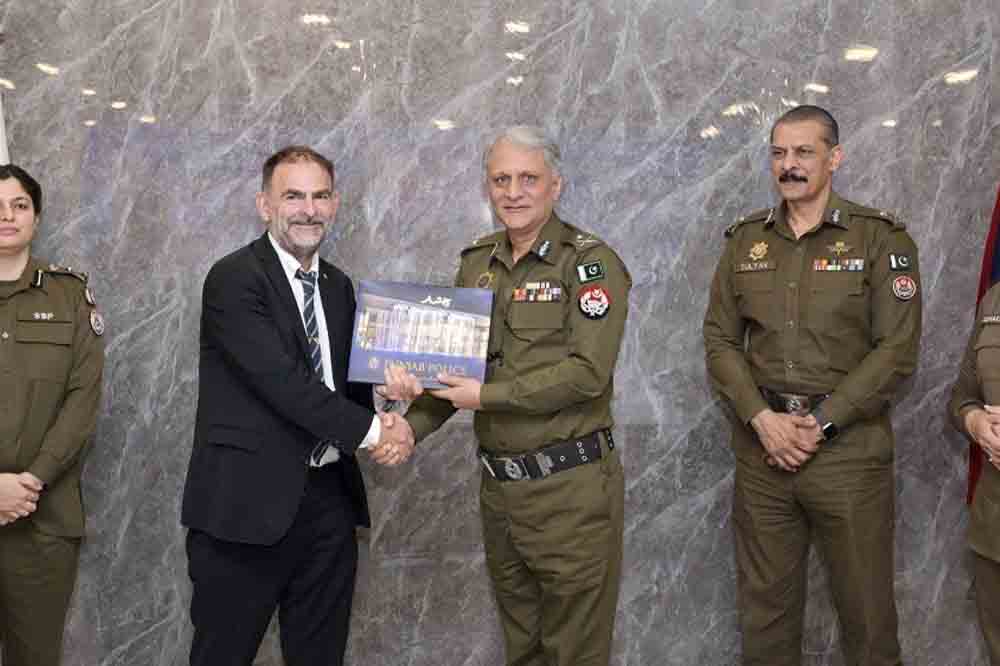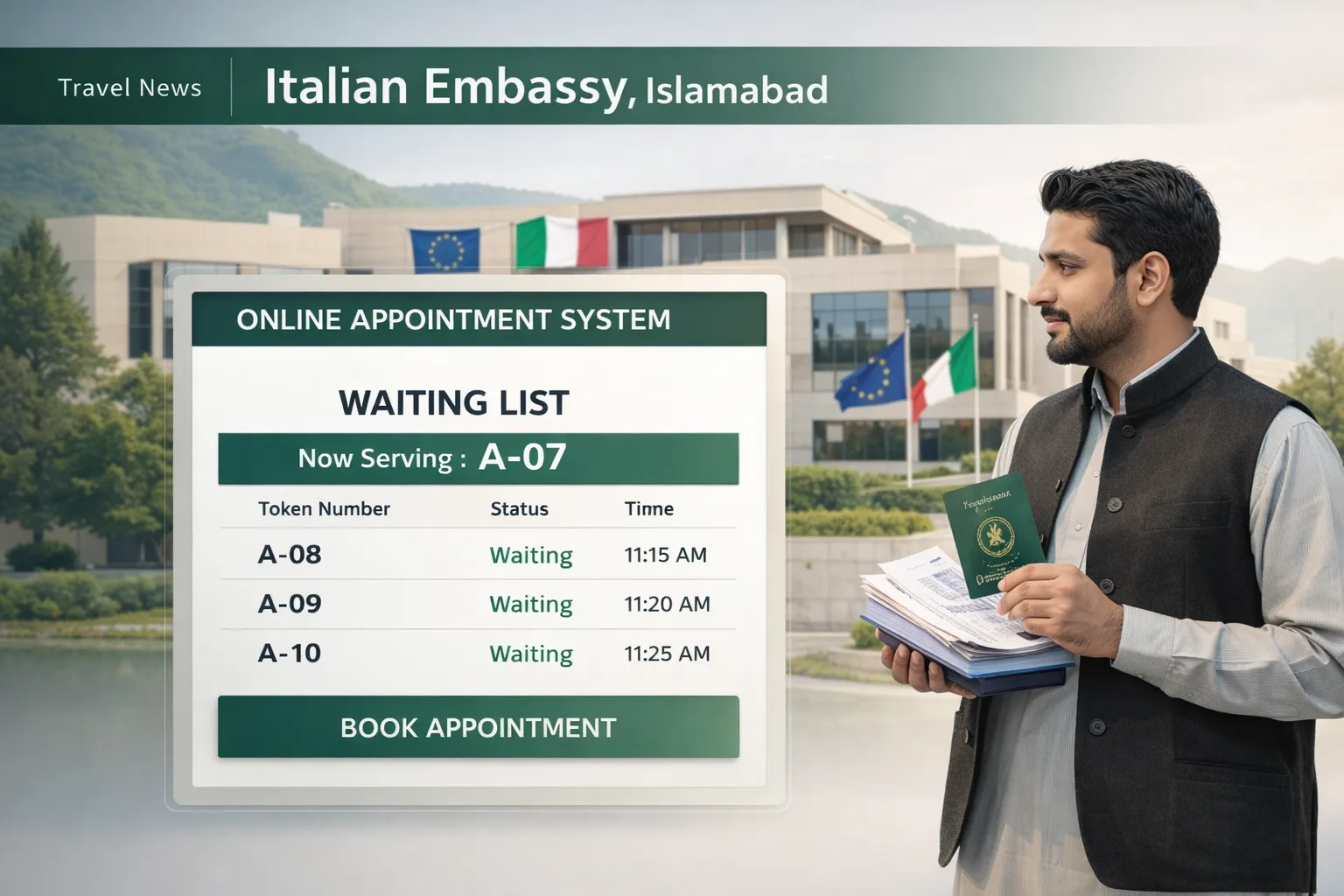 Log in
Log in

In an increasingly interconnected digital world, cybercrime has emerged as one of the most pressing challenges for law enforcement agencies worldwide. From online fraud to identity theft, ransomware to phishing scams, the growing sophistication of cybercriminals has put individuals, businesses, and governments at risk. Recognizing the urgency of the matter, Punjab Police recently engaged in cross-border discussions with Norwegian authorities to address the rise of cybercrime and digital fraud. This collaboration marks a significant step towards strengthening international cooperation against online threats that transcend geographical boundaries.
Cybercrime has become a growing concern worldwide because of the rapid shift toward digital transactions, online communication, and data-driven services. As more people rely on smartphones, online banking, e-commerce, and social media, cybercriminals exploit these platforms through fraud, phishing, ransomware, and identity theft. Unlike traditional crimes, cyberattacks can be carried out remotely and on a massive scale, making detection and prosecution more difficult. The financial losses, psychological impact on victims, and risks to national security further amplify the urgency of the issue. This evolving threat highlights the need for stronger cybersecurity systems, cross-border cooperation, and greater public awareness.
During the high-level discussions, Norwegian and Punjab Police officials focused on building a framework for cooperation to counter the surge in cybercrime and digital fraud. The talks emphasized intelligence sharing, technical training, and the adoption of modern forensic tools to strengthen digital investigations. Both sides explored ways to streamline communication channels for faster response in cross-border cases and highlighted the importance of aligning legal procedures to tackle offenders operating internationally. Officials also discussed launching joint awareness campaigns to educate citizens about safe online practices. The talks marked a crucial step toward creating a collaborative strategy that addresses both the technological and legal challenges of fighting cybercrime.
A senior Punjab Police official remarked:
“Cybercrime is not limited to one country or one victim. Criminals operate beyond borders, and so must our cooperation. This partnership with Norwegian authorities is a valuable opportunity to strengthen our capacity.”
Punjab Police has increasingly invested in combating cybercrime through its Cyber Crime Wing, which operates across major districts. These units handle thousands of complaints annually, ranging from financial scams to harassment cases. The force has:
Despite these efforts, the growing complexity of cyberattacks means Punjab Police often requires international collaboration to track suspects who operate from abroad.
Norway has developed a reputation for strong cybersecurity measures. Its National Cyber Security Centre works closely with law enforcement and private firms to protect citizens and businesses from cyberattacks. Norwegian police have expertise in handling advanced cyber fraud cases, particularly those involving financial scams and ransomware.
By sharing best practices with Punjab Police, Norwegian authorities aim to help bridge the technological and skill gaps that criminals often exploit.
A Norwegian official noted:
“Cybercriminals are global actors. No country is immune. Through dialogue with Punjab Police, we are contributing to safer cyberspace for citizens on both sides.”

International collaboration is vital in combating cybercrime because digital threats rarely stay within national borders. A single fraud operation can target victims in multiple countries, with perpetrators hiding in another jurisdiction altogether. Without cooperation, investigations often stall, allowing criminals to escape justice. By working together, law enforcement agencies can share intelligence, harmonize legal frameworks, and build stronger technological defenses. Such collaboration also helps developing regions access advanced expertise and resources from more experienced counterparts. Ultimately, cross-border partnerships not only enhance investigative capacity but also send a clear message that cybercriminals will face unified global resistance, no matter where they operate.
While the Norway–Punjab talks are a promising step, challenges remain:
Both sides discussed several measures to address these challenges, including:
The announcement of cross-border talks between Norwegian and Punjab Police has drawn widespread attention, with both the public and experts viewing it as a positive step toward tackling digital threats. Cybersecurity specialists praised the initiative, noting that international cooperation is essential in tracking criminals who exploit global networks. Business leaders also welcomed the move, expressing hope that improved cybersecurity would help protect financial transactions and digital commerce. Among citizens, the response has been mixed—many applauded the efforts but stressed the need for faster complaint handling and stronger local protections. Overall, the initiative has been seen as a proactive measure that strengthens public trust while encouraging broader global partnerships.
A Lahore-based IT analyst commented:
“For Pakistan to keep pace with global cyber challenges, partnerships like this are essential. The Norway–Punjab talks can pave the way for more international collaborations.”
| Year | Reported Cases | Major Type of Fraud | Resolution Rate |
|---|---|---|---|
| 2022 | 18,000+ | Financial Scams | 45% |
| 2023 | 25,000+ | Identity Theft | 48% |
| 2024 | 30,000+ | Online Harassment | 52% |
Source: Punjab Police Cyber Crime Wing
The cross-border talks between Norwegian and Punjab Police are a clear signal that the fight against cybercrime requires global partnerships. While technology empowers criminals, it also offers law enforcement the ability to cooperate, innovate, and strengthen defenses.
For Punjab, this partnership may bring advanced skills and resources that can significantly improve cybercrime investigations and victim support. For Norway, it demonstrates commitment to global cybersecurity, ensuring that even regions far apart share in the responsibility of a safer digital environment.
The dialogue between Norwegian and Punjab Police represents a turning point in international cybercrime cooperation. By addressing shared challenges, exchanging expertise, and planning joint initiatives, both sides are laying the foundation for a stronger, safer digital future.
As cyber threats continue to evolve, such partnerships remind us that security in the digital age is not just a local issue but a global responsibility.



